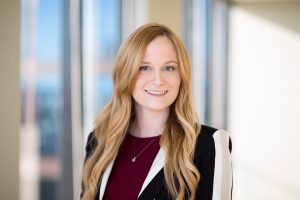ATEN INTERNATIONAL CO., LTD. v. UNICLASS TECHNOLOGY CO., LTD
Before Moore, Wallach, and Taranto. Appeal from the United States District Court for the Central District of California.
Summary: When a reference is available in the same year as the critical date, the defendant must show the reference was available before the critical date to establish the reference as prior art.
ATEN sued Uniclass for infringing its patents directed to switch systems that allow a user to control multiple computers from a single keyboard, video device, and mouse. At trial, Uniclass argued that it did not infringe ATEN’s patents and that they were anticipated by two alleged prior art references. The jury found that the patents were not infringed and that one of the patents was anticipated. ATEN filed a motion for judgment as a matter of law (“JMOL”) regarding invalidity and non-infringement. The district court denied the motions, and ATEN appealed.
The Federal Circuit reversed the district court’s invalidity decision, holding that there was not substantial evidence to support the jury’s finding that ATEN’s patent was anticipated by the two references under § 102(b). For the first reference, the Federal Circuit noted that Uniclass never presented evidence that the reference predated the patent’s critical date of July 24, 2006. While Uniclass called an expert witness who testified that the reference was prior art and available in 2006, the witness never testified to what date and month the reference existed. Thus, there was not substantial evidence to show the reference predated the critical date. For the second reference, the Federal Circuit noted that Uniclass failed to present any evidence that the reference disclosed a specific claim limitation. Accordingly, the Federal Circuit held that the jury could not reasonably conclude either reference anticipated ATEN’s patents.
Regarding infringement, the Federal Circuit affirmed the district court’s denial of JMOL. ATEN argued that the jury was confused due to the testimony of Uniclass’s expert on the scope of the terms. The Federal Circuit affirmed the district court’s determination that ATEN waived this argument by failing to object to the expert’s claim construction testimony during trial.
Editor: Paul Stewart
